Featured Posts
-

Mental Game Coaching for Stronger Team Performance
Team sports are about more than just physical ability—they’re about trust, communication, and staying mentally strong together. While coaches often focus on plays and drills, there’s another side of performance that can’t be ignored: mental game coaching. At Launch Sports Performance, we know that mental training helps individual athletes—and entire teams—stay focused, confident, and united…
-

Improve Focus with Proven Sports Psychology Techniques
In sports, physical training often gets most of the attention. Athletes run drills, lift weights, and practice for hours. But even the strongest athlete can struggle without the right mindset. That’s where sports psychology comes in. At Launch Sports Performance, we help athletes develop both the physical and mental skills they need to succeed. In…
-
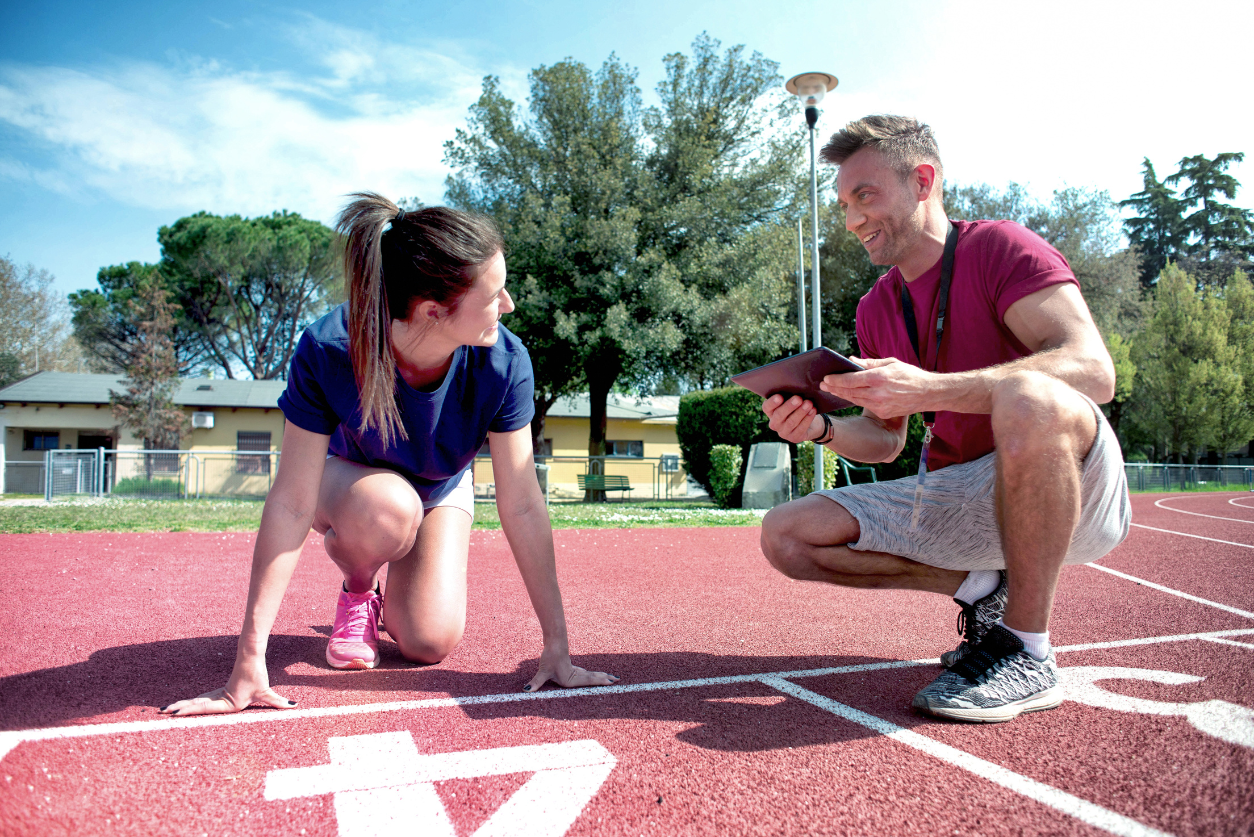
Train Your Mind with Mental Game Coaching
When most people think of athletic training, they picture weightlifting, drills, and long hours of physical conditioning. But ask any elite athlete, and they’ll tell you that physical strength isn’t the only thing that matters. Mental strength—your mindset, focus, and confidence—is just as important to peak performance. At Launch Sports Performance, we believe in training…
All Blog Posts
-

How Sports Psychology Builds Mental Toughness
In sports, physical skill will only take you so far. To truly perform at your best, you also need mental toughness—the ability to stay focused, confident, and resilient no matter what challenges come your way. That’s where sports psychology makes a difference. At Launch Sports Performance, we help athletes train their minds just like they…
-

How Mental Game Coaching Helps Athletes Handle Stress
Sports can be exciting, competitive, and rewarding—but they can also be stressful. Athletes of all ages face pressure to perform, meet expectations, and bounce back from mistakes. That stress, if left unmanaged, can hurt confidence, focus, and overall performance. That’s where mental game coaching comes in. At Launch Sports Performance, we help athletes strengthen their…
-
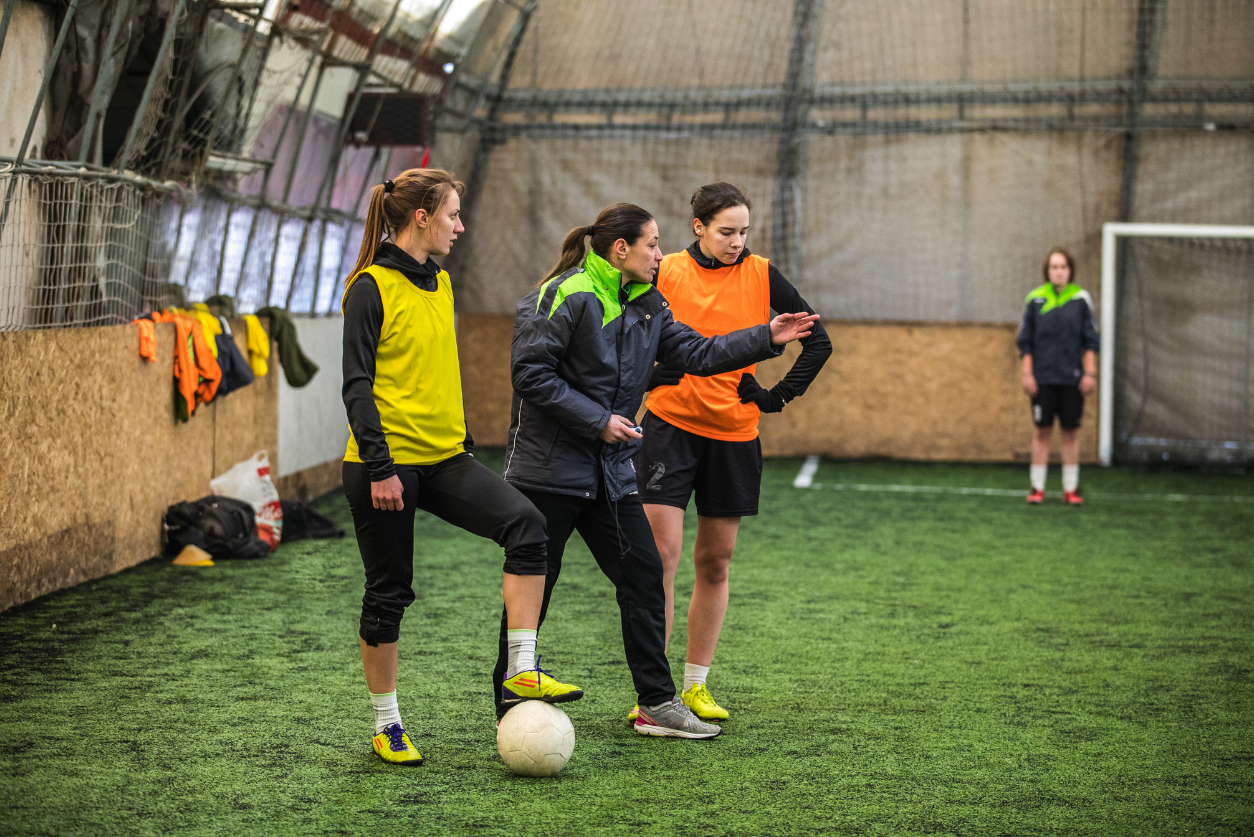
How Coaches Use Sports Psychology to Motivate Teams
Coaching is about more than teaching plays and running drills—it’s also about motivating athletes to believe in themselves, work together, and give their best effort every time they compete. One of the most effective tools for building a strong, united, and driven team is sports psychology. At Launch Sports Performance, we believe that the mental…
-

Building Confidence in Sports Through Mental Game Coaching
In sports, talent and hard work are essential—but so is confidence. Without it, athletes can hesitate, lose focus, and fall short of their potential. Confidence fuels better decision-making, sharper focus, and stronger performances. While some athletes seem naturally confident, most need to work at it. That’s where mental game coaching comes in. At Launch Sports…
-

Using Sports Psychology to Beat Performance Anxiety
Every athlete wants to perform their best when it matters most—whether that’s during a big game, an important meet, or a high-stakes tryout. But for many athletes, the pressure of competition causes something else to show up: performance anxiety. Performance anxiety can lead to shaky hands, racing thoughts, and self-doubt. It doesn’t mean the athlete…
-
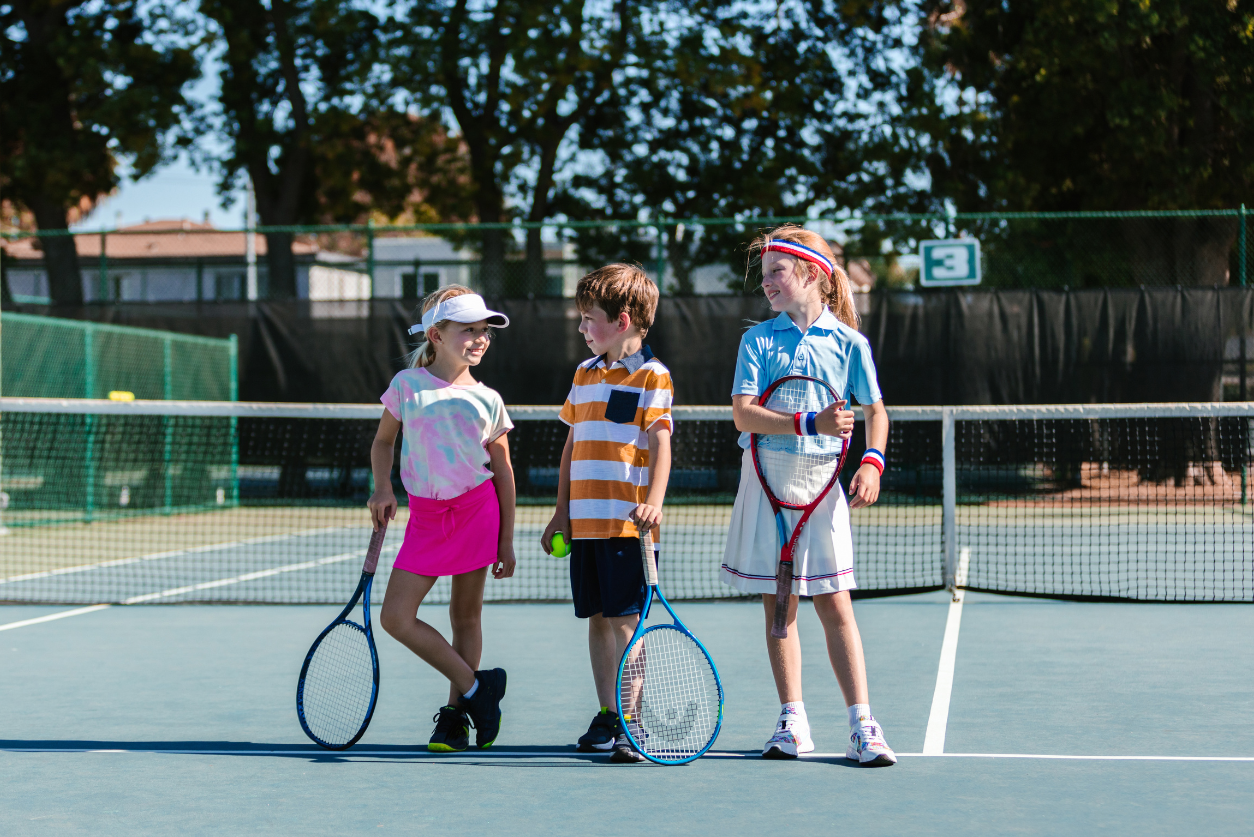
How Mental Game Coaching Builds Confidence in Sports
Confidence is one of the most important mental tools an athlete can have. It allows athletes to play with freedom, push through setbacks, and take control under pressure. But confidence doesn’t always come naturally—it has to be built, just like physical strength or skill. That’s where mental game coaching comes in. At Launch Sports Performance,…
-
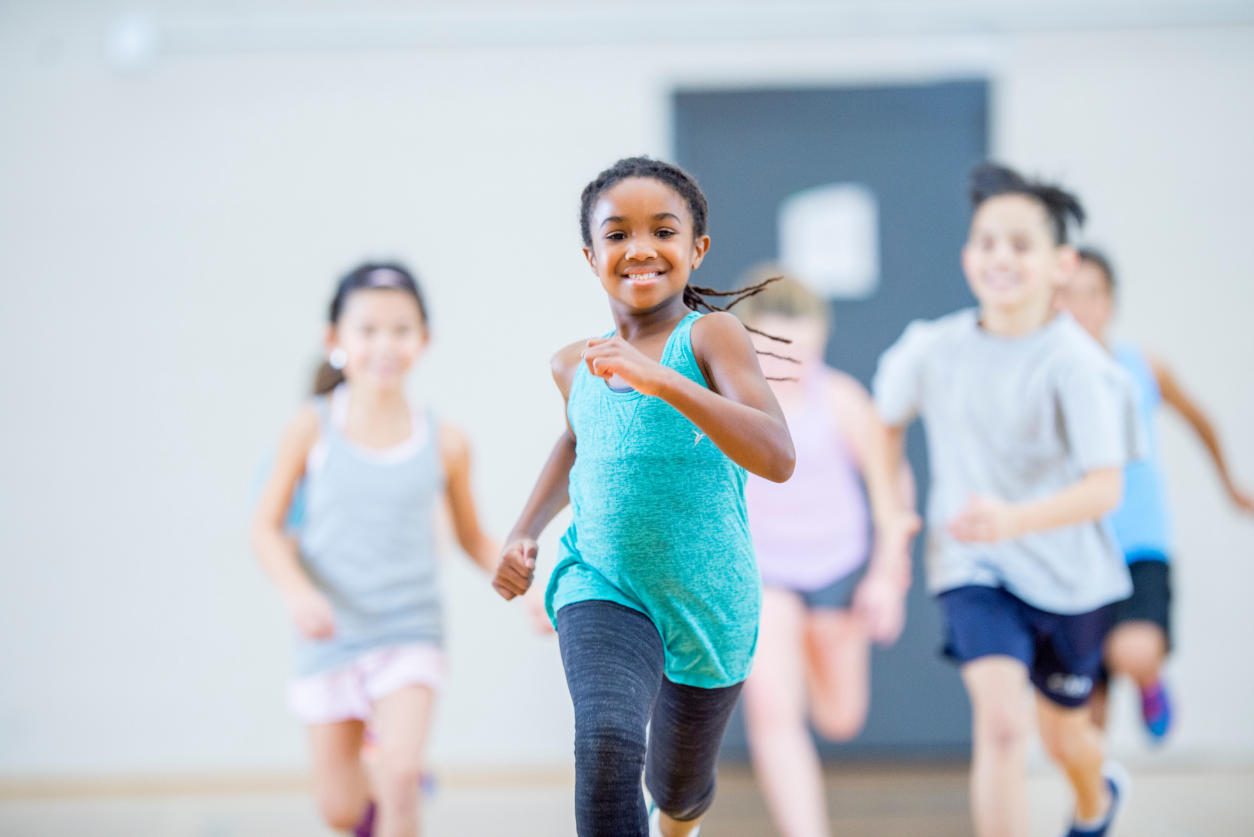
How Sports Psychology Improves Athletic Performance
When people think about athletes, they often focus on physical abilities—speed, strength, agility, and endurance. But one of the most powerful tools an athlete can develop isn’t physical at all—it’s mental. This is where sports psychology plays a major role. It’s the science of how the mind influences athletic performance, and it’s changing the game…
-
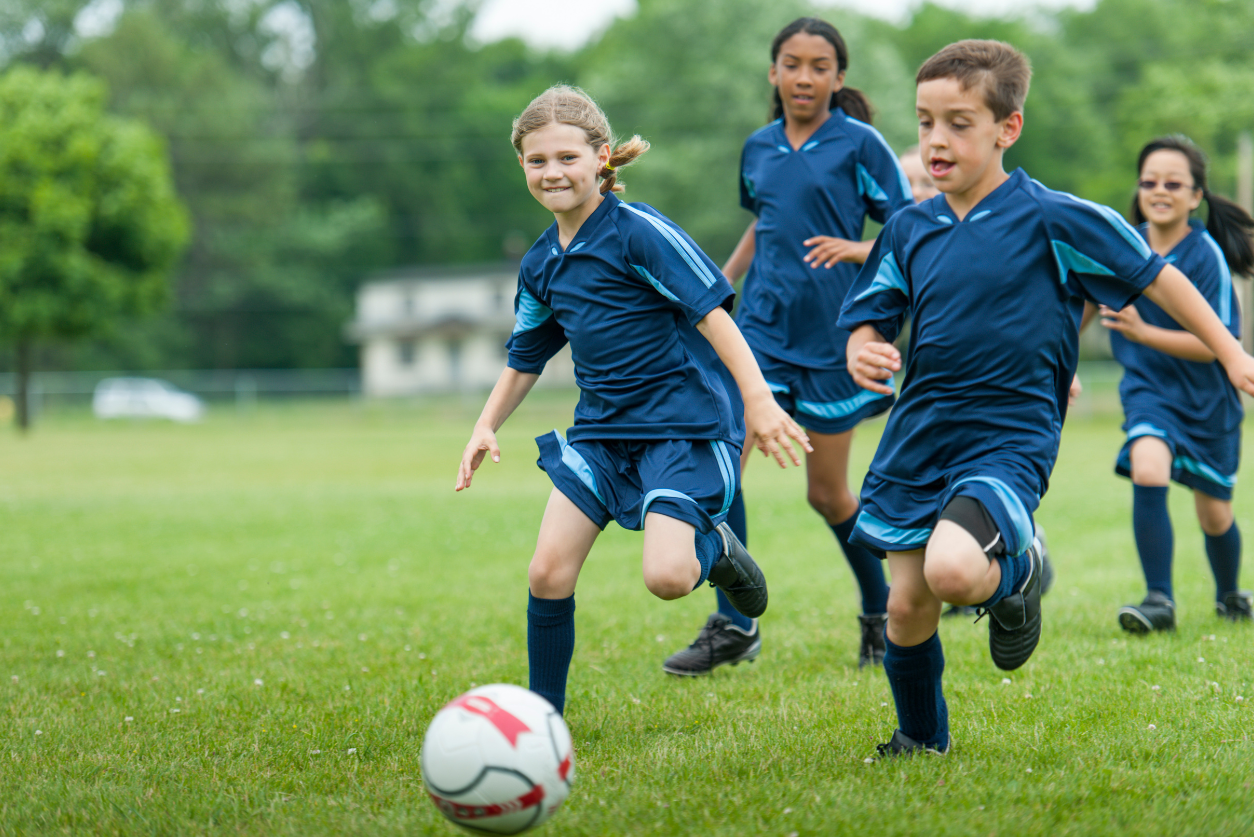
How Sports Help with Mental Health: Boosting Confidence & Reducing Anxiety
In today’s fast-paced world, mental health is a growing concern, especially for athletes who often face pressure both on and off the field. But did you know that participating in sports can have a significant positive impact on mental health? From boosting self-confidence to reducing anxiety, sports provide an avenue for emotional well-being. Whether you’re…
